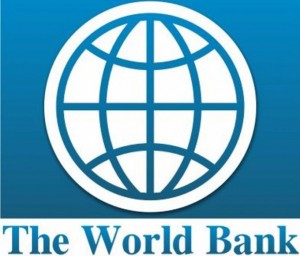Ghana gets $4.8m World Bank funds for toilet facilities in Accra
 The World Bank says it has signed a $4.85 million grant agreement with the Ghana government to provide sustainable toilet facilities in low income areas of the Greater Accra Metropolitan Area (GAMA), Ghana’s largest metropolitan region.
The World Bank says it has signed a $4.85 million grant agreement with the Ghana government to provide sustainable toilet facilities in low income areas of the Greater Accra Metropolitan Area (GAMA), Ghana’s largest metropolitan region.
According to the Bank, in signing the agreement, it is acting as administrator of the Global Partnership on Output-Based Aid (GPOBA), adding that, funding for the project is provided by the United Kingdom Department of International Development (DFID).
The Bank noted that the project is complementing a $150 million IDA grant from the World Bank Group to support the Ghana government in its efforts to provide low-income households with increased access to improved sanitation and water supply in the GAMA.
“Increasing access for the poor requires the construction and connection of toilet facilities to serve households in low-income areas. To help the poor afford the cost of the sanitation facilities, the GPOBA grant pilots an output-based approach that provides targeted partial subsidies to encourage households to construct facilities and service providers to serve low-income neighborhoods,” the Bank says in a statement.
Commenting, Country Director for Ghana for the World Bank Group, Yusupha B. Crookes said, “This is an innovative, result-based approach that will help reduce barriers to access for the poor.”
Meanwhile, 2.5 billion people in the world, representing 37% of the world’s total population, do not have any known place where they defecate.
Some studies show that, 19 out of every 100 Ghanaians openly defecate daily, either in the morning or evening or both, bringing the total figure to about five million a day, and Ghana loses $79 million annually as a result of open defecation, according to figures released by the Water and Sanitation Programme of the World Bank in April 2012, making the country the fifth highest among 18 African countries analysed by the bank.
About 50 percent of households in the Accra metropolitan region live in single rooms of compound houses that often lack basic sanitation facilities.
By Emmanuel K. Dogbevi
